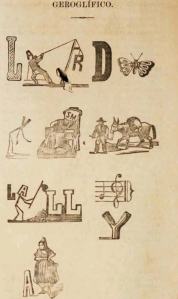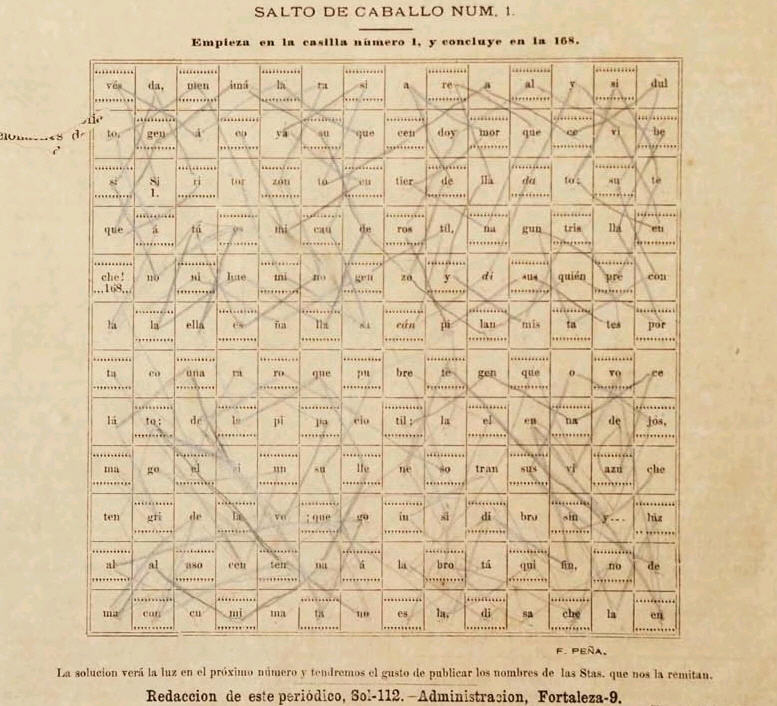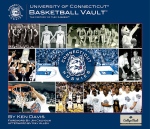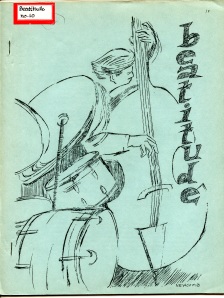Tuesday, November 11, 1941. Armistice Day. I met my classes as usual. At 8 o’clock I met my elementary economics classes, discussing economic problems of natural resources. At 9 o’clock I met the consumption class giving back their recent hour examinations, and finishing the work on housing. I also made a bare start on a discussion of savings.
Bill Mattson reached Willimantic at 11.11 by train from Boston, and Edith met him there. Ernest Russell drove down from Hadley and arrived at my office just before noon, as I got back from my 11 o’clock class. We drove home, and met Mattson. The two men stayed for dinner, supper, and over night. As usual, Edith put on a wonderful display of culinary art and of old-fashioned hospitality.
Thus begins the journal entry for this day in 1941 by UConn faculty member and later Provost, Albert Waugh. A tireless and meticulous diarist, Waugh recorded his daily activities both mundane and extraordinary throughout his life, allowing researchers to see first hand what was happening in Storrs, Connecticut, from the time of his hire in 1941 through his retirement in 1973.
The Waugh daily journals have been available for research as part of the Waugh papers since their donation in 1985. An invaluable resource for several University histories, the journals were originally considered for digitization in the late 1990s when the University Libraries received its first IMLS grant for what is now known as Connecticut History Online (http://www.cthistoryonline.org/cdm-cho/index.html). The sheer volume of the journals made this impossible and the CHO project went on to digitize predominantly images (approximately 14,000 at last count) over the course of the next several years. Technological advances in more recent years, however, has made the option of electronic access to the materials viable. In the last year, Archives & Special Collections, with the permission of the Waugh family, has digitized the entire 30 plus span of journals. In the next several months, researchers will be able to access PDF (portable document format) copies of the journal entries directly from the finding aid, completing one of A&SC’s largest digitization efforts.
There was also a happy side effect to this lengthy project, in addition to meeting the Waugh family and hearing their stories first hand. Collaboration with the Waugh family on this project resulted in the discovery of additional journals! Subsequent donation of these new discoveries has expanded the dates of Waugh journals from 1941-1973 to cover the period from the 1920s through the early 1980s.
As soon as we go live, it will be announced here so stay tuned!
Betsy Pittman, University Archivist
















